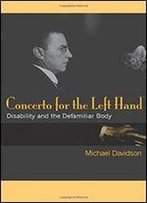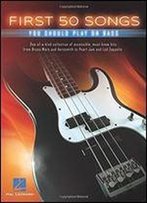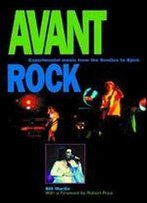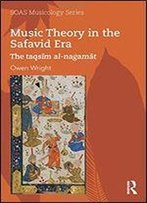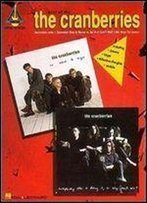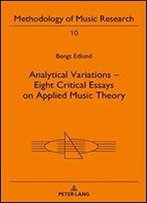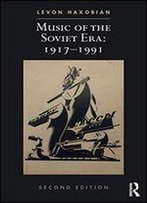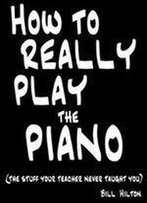
Resounding Afro Asia: Interracial Music And The Politics Of Collaboration (american Musicspheres)
by Tamara Roberts /
2016 / English / PDF
16.5 MB Download
Though cultural hybridity is celebrated as a hallmark of U.S. American music and identity, hybrid music is all too often marked and marketed under a single racial label.Tamara Roberts' book Resounding Afro Asia examines music projects that foreground racial mixture in players, audiences, and sound in the face of the hypocrisy of the culture industry. Resounding Afro Asia traces a genealogy of black/Asian engagements through four contemporary case studies from Chicago, New York, and California: Funkadesi (Indian/funk/reggae), Yoko Noge (Japanese folk/blues), Fred Ho and the Afro Asian Music Ensemble (jazz/various Asian and African traditions), and Red Baraat (Indian brass band and New Orleans second line).
Roberts investigates Afro Asian musical settings as part of a genealogy of cross-racial culture and politics. These musical settings are sites of sono-racial collaboration: musical engagements in which participants pointedly use race to form and perform interracial politics. When musicians collaborate, they generate and perform racially marked sounds that do not conform to their racial identities, thus splintering the expectations of cultural determinism. The dynamic social, aesthetic, and sonic practices construct a forum for the negotiation of racial and cultural difference and the formation of inter-minority solidarities. Through improvisation and composition, artists can articulate new identities and subjectivities in conversation with each other.
Resounding Afro Asia offers a glimpse into how artists live multiracial lives in which they inhabit yet exceed multicultural frameworks built on racial essentialism and segregation. It joins a growing body of literature that seeks to write Asian American artists back into U.S. popular music history and will surely appeal to students of music, ethnomusicology, race theory, and politics, as well as those curious about the relationship between race and popular music.
